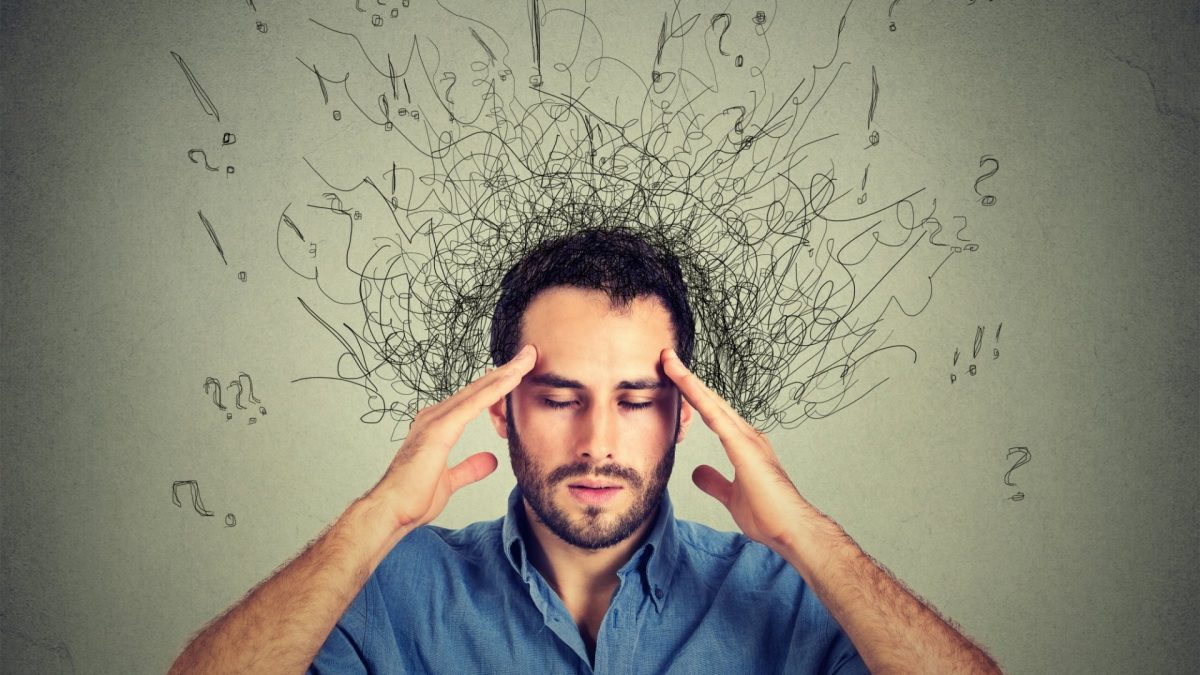Loss of concentration can occur in both adults and children. Doctors consider such a disorder as a chronic disease, for the effective treatment of which there are very few drugs (Waklert, Armod are among the few).
If you notice such a problem in yourself, you need to understand that the causes of this phenomenon can be different, for example, stress, lack of sleep, chronic fatigue, shift work, depression, neurosis, etc. Such conditions weaken and exhaust the body and over time it is necessary more recovery time. Since, as a rule, a person continues to work and rests little, fatigue accumulates even more. As a result, he has drowsiness and loss of concentration. Over time, fatigue leads to forgetfulness.
Another reason for the loss of concentration is age. After the age of 55-60, people increasingly complain of memory loss. This is because the number of neurons decreases in older people, the connection between nerve cells weakens, which leads to inattention.
Mental, endocrine and neurological diseases also often provoke deterioration of memory and attentiveness. Loss of concentration may occur after a viral illness. Deterioration of memory often occurs in those who suffer from alcohol addiction.
Also, the main factors provoking a loss of concentration include:
• unhealthy diet;
• birth trauma;
• brain dysfunction;
• hormonal imbalance;
• mental disorders;
• routine work for a long time;
• intoxication with heavy metals or poisons;
• heredity;
• excessive anxiety.
If a person has a loss of concentration, a thorough medical examination is carried out. Diagnostics includes several stages:
• Interview with the patient.
The doctor will notice the symptoms of the disorder at the patient’s first visit. The specialist pays attention to how a person behaves, whether he maintains a conversation, how often he is distracted, how he speaks. Sometimes, some doctors use special techniques to keep the patient’s attention. For example, they often call his name or change the volume of their voice.
• Assessment of behavior.
The doctor believes that a person has a loss of concentration if a person is regularly distracted. He can focus on extraneous things, for example, he is more interested in the landscape outside the window than in the question of a specialist. Also, a doctor may suspect a disorder if a person could not find the right office without the help of other people.
• Specialized tests.
The tests allow the specialist to check for the presence and assess the severity of certain symptoms. After the tests, the doctor understands how significantly the concentration has decreased.
• Laboratory and non-invasive diagnostic technique.
Such examinations are prescribed if doctors suspect organic brain damage. Depending on the previous diagnosis, hormone level analysis, MRI, ultrasound, and EEG are performed.








